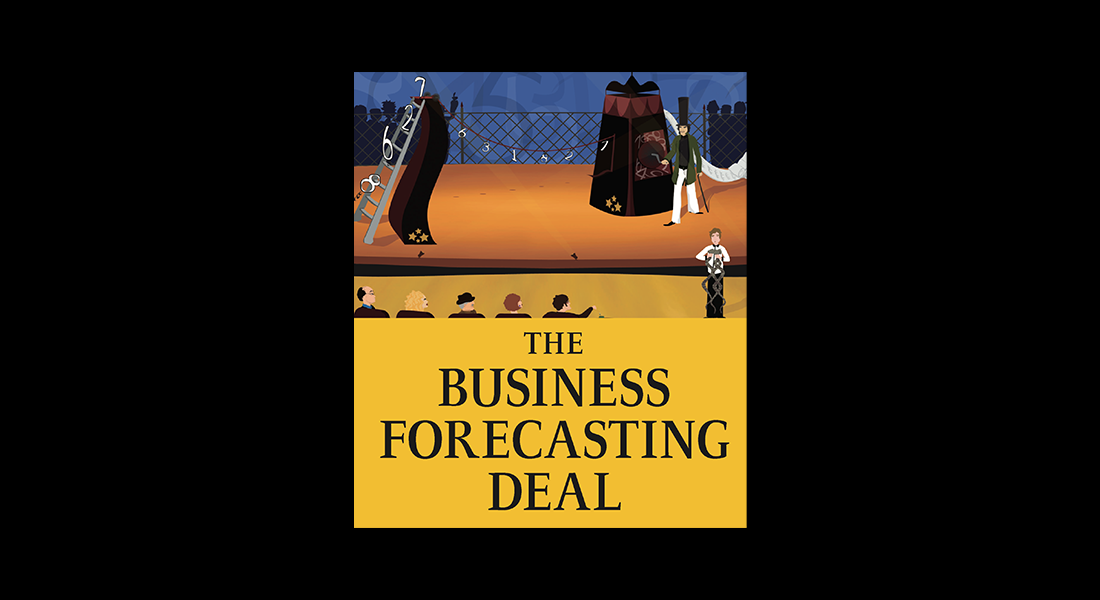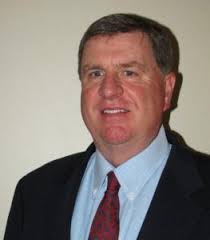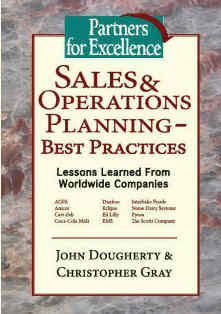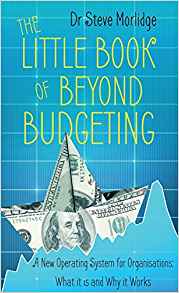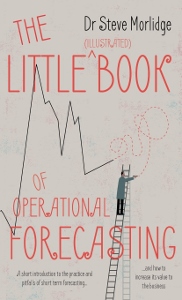
Note: Following is an eight-part serialization of selected content from Steve Morlidge's The Little (Illustrated) Book of Operational Forecasting. What IS a forecast? First of all, we need to be absolutely clear what a forecast is – and what it isn’t. A forecast is a best estimate of future

